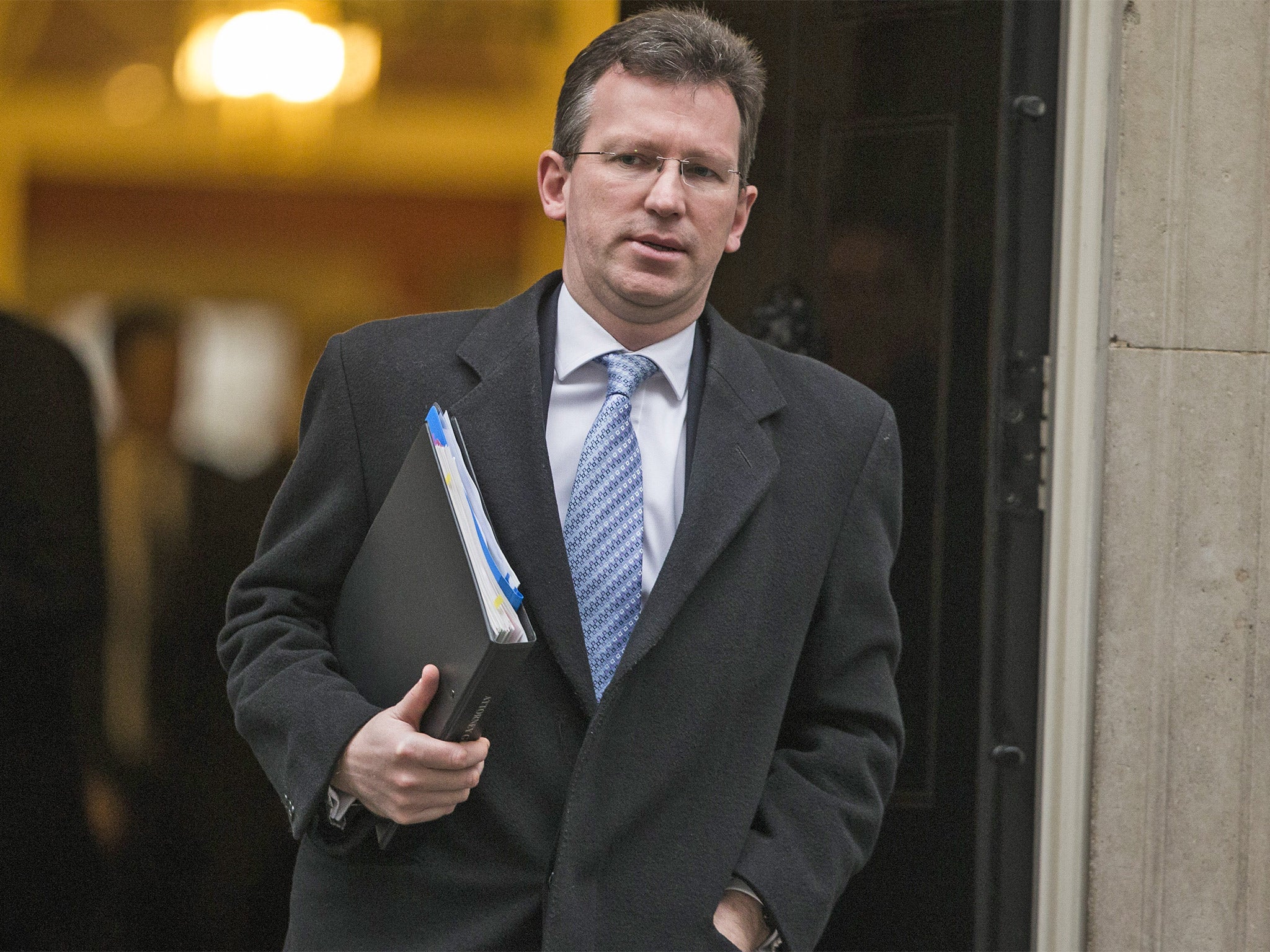Jeremy Wright QC: The man who advised David Cameron on the legality of Syria drone strikes
The Attorney General is a trained lawyer, but is not politically independent

When David Cameron announced that he had consulted the Attorney General prior to his decision to authorise the killing of Reyaad Khan, it may have sounded as if he had sought independent legal advice.
But though Jeremy Wright QC, who has been Attorney General since July 2014, is a trained lawyer, he is not independent, in the political sense. He is a Conservative MP, who is understandably proud that in the 2005 general election, which Labour won, he stood in a Labour-held seat, Rugby and Kenilworth, and took it for the Tories.
Wright studied at the Inns of Court School of Law and was called to the bar in 1996, specialising in criminal law, mostly in the Midlands.
In Parliament, his career path was that of a loyal party man with an eye on promotion. He was a Tory whip from 2007 to 2012, then a junior minister in the Justice Department, in charge of prisons. Before he entered the Government, he set up and chaired a parliamentary committee on dementia.
When he was appointed to replace Dominic Grieve as Attorney General last year, the Legal Cheek gossip website ran an article titled “Just who is Jeremy Wright?”, pointing out that many in legal circles had never heard of him.
Though he has the title QC, this was not in recognition of his work as barrister, but was bestowed by royal prerogative when he was appointed Attorney General.
After giving David Cameron loyal support for 10 years, he was unlikely to want to cross the Prime Minister on a matter – literally – of life or death.
Join our commenting forum
Join thought-provoking conversations, follow other Independent readers and see their replies
Comments